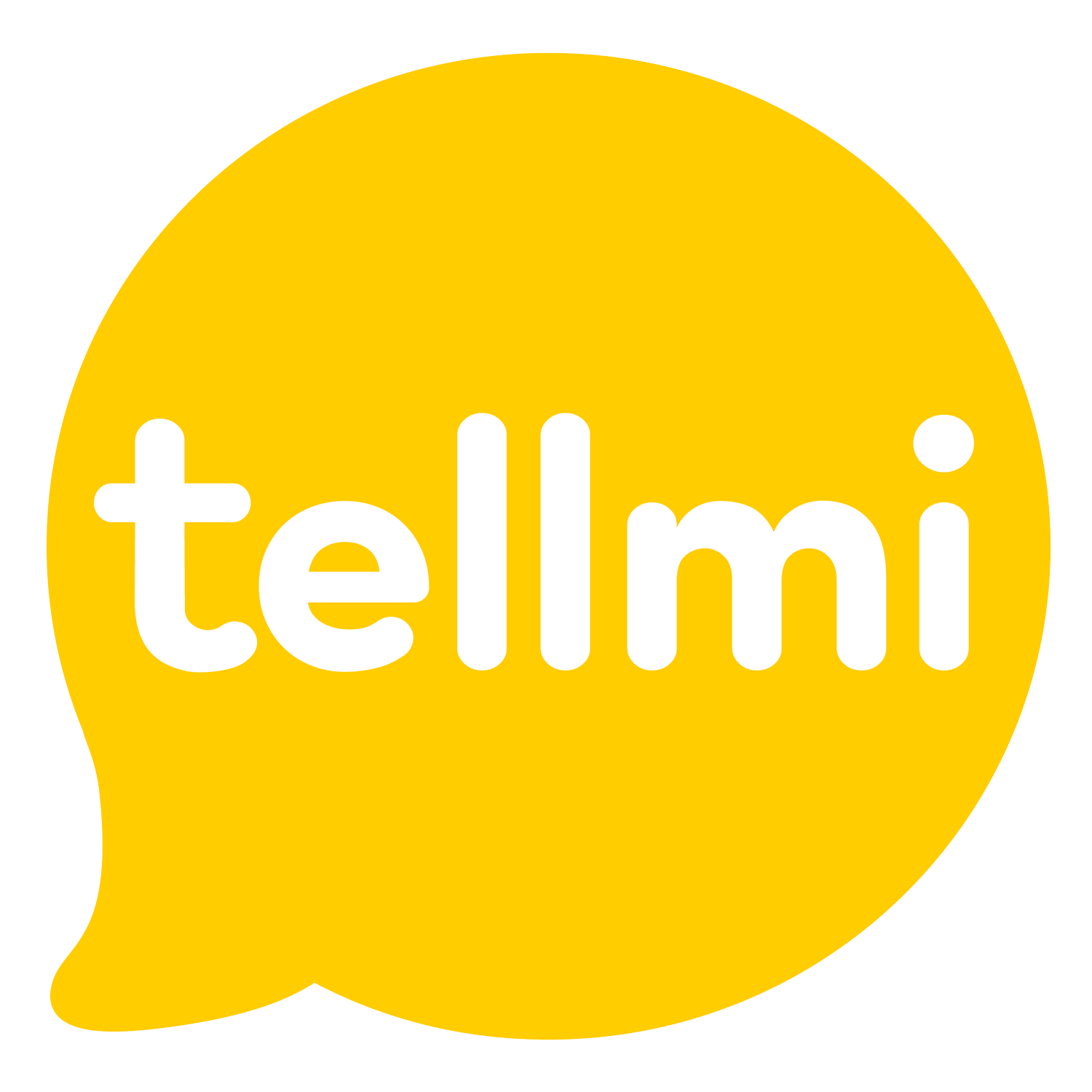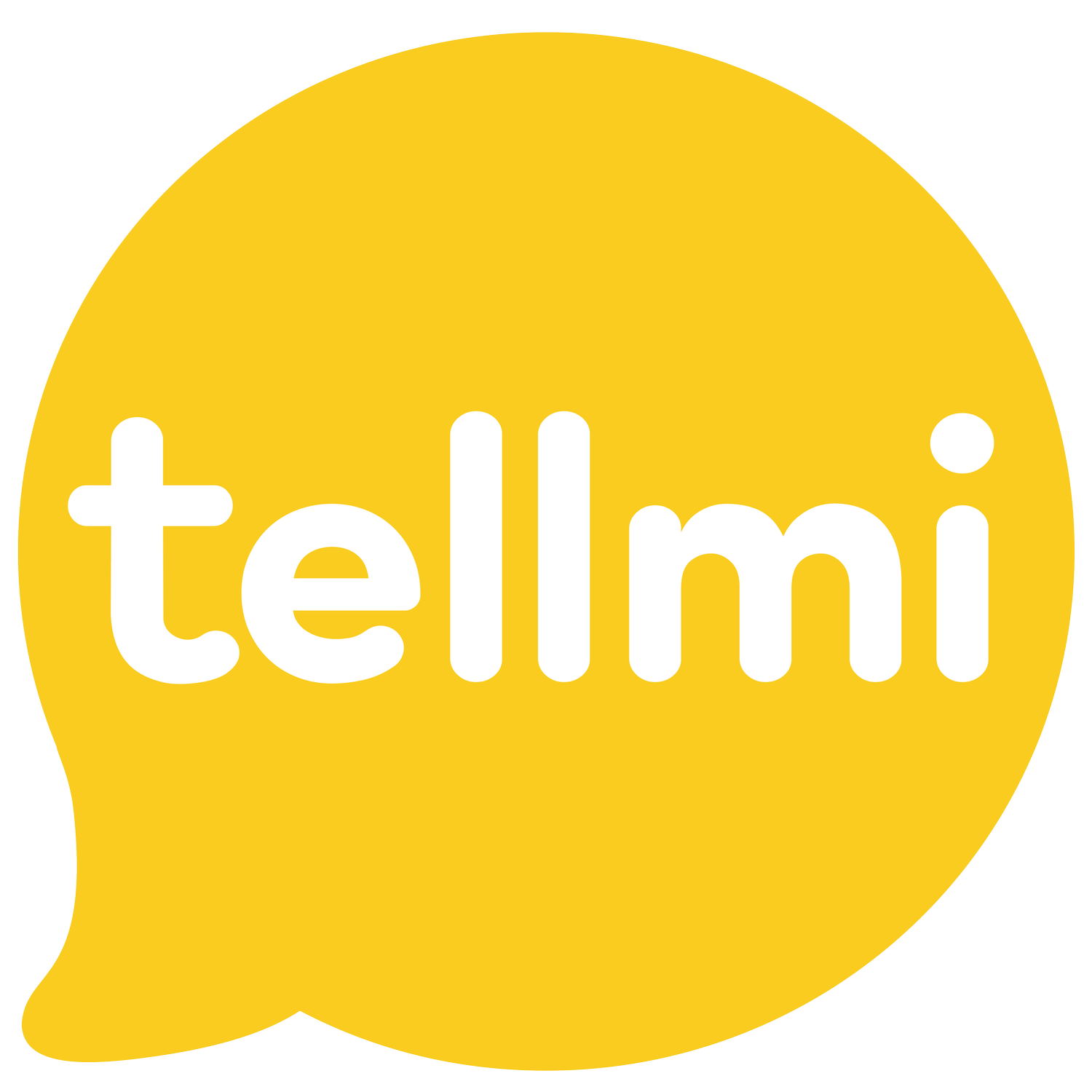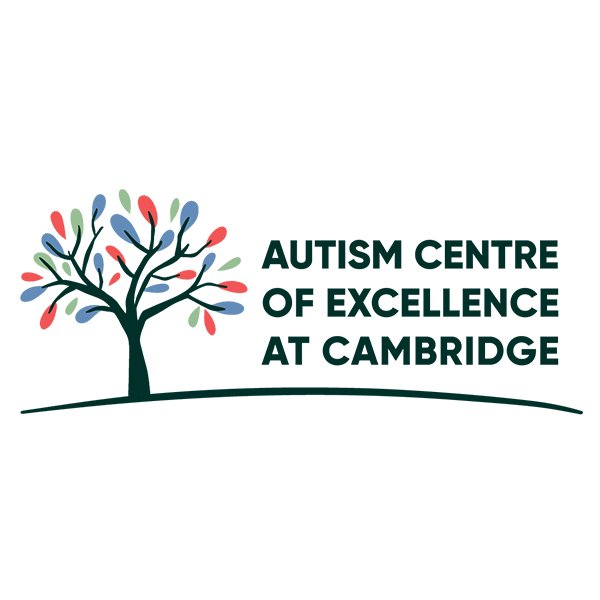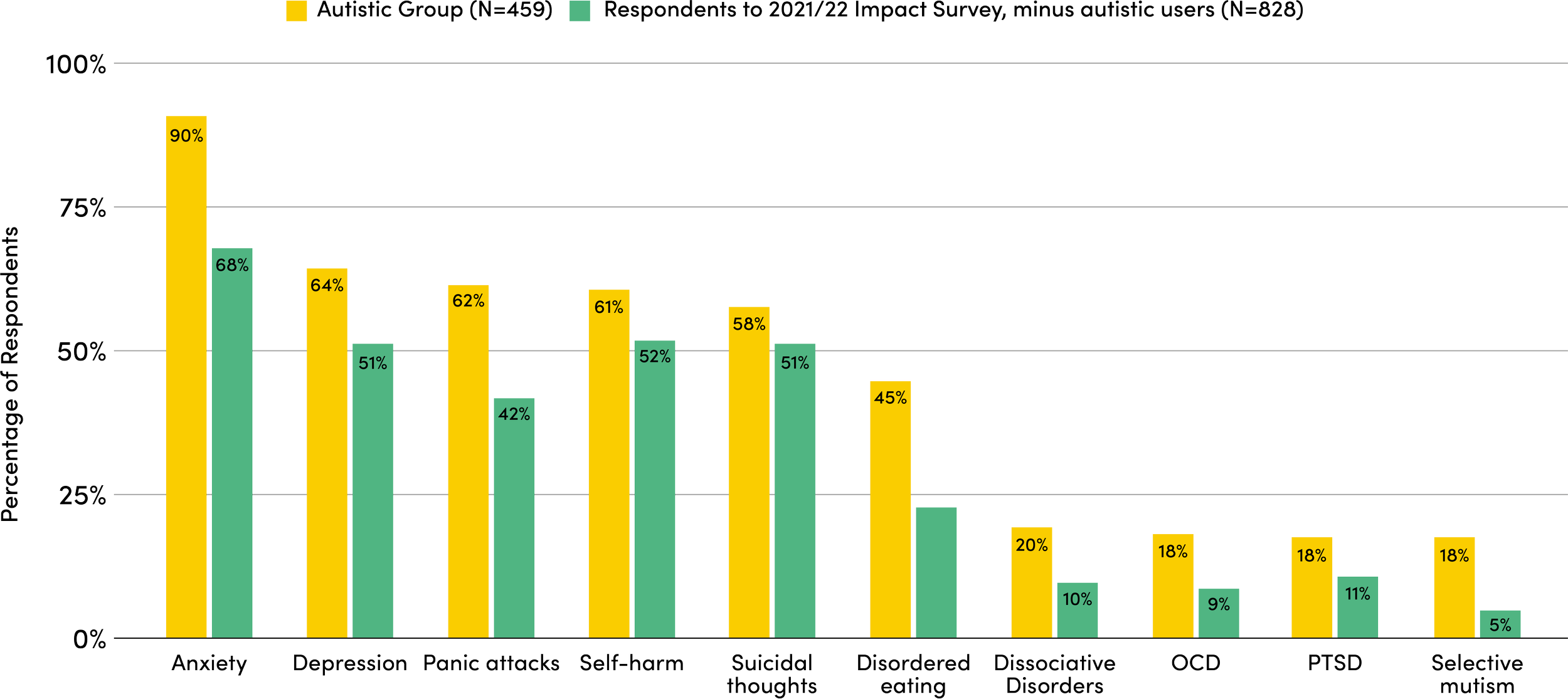
The Tellmi Autism Project
This research was motivated by the results of our 2022 impact survey which revealed that 17% of the young people (N=1205) who responded were autistic. Since only 1.8% of young people in the population are autistic, we realised that this offered us a unique opportunity to do some research. Our objective was to:
Use existing Tellmi data to explore mental health patterns and risk factors using from autistic users
Generate new insights through a mixed methods survey
Conduct interviews with autistic young people, to learn how we can improve Tellmi UX and UI to better meet the specific needs of autistic young people,
Establish the acceptability, feasibility and utility of the Tellmi, pre-moderated peer support model for autistic young people.
The research was funded by The Small Business Research Initiative Healthcare (SBRI) and conducted in collaboration with the Autism Research Centre and the Autism Centre of Excellence at Cambridge. Most studies focused on autistic young people include fewer than 100 participants (Hayden, 2018). Our study includes data from more than 1,800 autistic young people and it provides unique insights into the challenges that they experience and the ways in which Tellmi helps them.
Our partners
What we did
Quantitative interrogation of data
677 autistic young people revealed distinct usage patterns and higher levels of psychological distress than in users who are not autistic.
Mixed methods survey
The survey was reviewed by four autistic users to make sure that we were asking the right questions and that it was clear and unambiguous. We proposed to SBRI that 50+ autistic users would complete the survey. As of April 2023, it had been filled in over 800 times. The results showed high levels of mental health issues. Although only 25% of respondents had an autism diagnosis there was no significant difference between autism traits reported by diagnosed and undiagnosed young people.
Most Common Mental Health Conditions: Comparison to Control
(Previous Tellmi Impact Survey)
“The fact you are learning about autism makes me feel included and confident about the future of this app. I do like helping others and supporting others and asking for the same in return.”
– Autism Survey respondent
Expert advisory group and qualitative research
Through the survey we recruited a group of 10 autistic young people (both verbal and non-verbal) to take part in qualitative research to assess the acceptability of Tellmi as a support solution. Conducted by email, chat and video to accommodate communication preferences.
Integrated an AQ-10 screening tool within the Tellmi app
We collaborated with Professor Sir Simon Baron-Cohen and Dr Carrie Allison at the ARC to adapt the Autism-Spectrum Quotient – 10 Items (AQ-10) screening tool for integration into the Tellmi app. We adapted, simplified and digitised the tool so that it could be used as a self-report tool by young people. The tool was scored automatically within the app and the results were given to the young person with guidance about whether or not they might want to screenshot the score and take it to their GP to begin the referral process.
Interviews with Parents
“I didn't know Ruby was using Tellmi when she approached me to ask about taking part in the Autism survey. I obviously checked Tellmi out to make sure everything was above board, as you do, especially as a parent of an autistic teenager. I was really impressed with the app. I think Ruby likes it because it makes her feel safe and it has allowed her to connect with other people her age who have similar problems, so she doesn’t feel so alone now. She has been a different kid since she started using Tellmi. She really has. She's been a lot more open. She's just a different kid. If that's what Tellmi can do, I 100% encourage it.”
– Mike, Ruby’s dad
Outcomes
This study includes data from more than 1,800 autistic young people and it may be the first study to include data from such a large group of autistic young people.
In terms of ratings, Tellmi scores 4.1 out of 5 which is, comparably far higher than the rating that respondents gave to CAMHS.
Tellmi facilitates social interaction, increases connectedness, reduces isolation and removes barriers to communication for verbal and non-verbal autistic users.
92% of survey respondents who feel lonely said Tellmi helped them to connect to others who experience the same challenges.
Our in-app data analysis
Autistic users use Tellmi seven times more than general users and they spend more time helping others than any other group on the app.
The average health app loses 77% of its daily active users within 3 days of installation but we can see that in Tellmi, 69% of autistic users were still active after six months and 27% were still active after two years.
Tellmi’s autistic male users match national levels but Tellmi is supporting 5 times as many female users than we would expect!
“It’s easy to find other autistic people and help each other with autism specific issues. There’s also no need to mask anything because it’s anonymous.”
– Autistic tellmi user, aged 16
What Young People Like About Tellmi
Our autistic users identified what they like about Tellmi, some of which included;
Tellmi makes it easier for verbal and non-verbal autistic users to talk about what is on their mind
Tellmi makes it easier to connect to others who experience the same challenges
Anonymity makes it easier to unmask and takes away fear of judgement
The Autism filter makes it easy to access autism-specific resources
Tellmi is simple to understand and easy to use
Tellmi is a calm app and doesn’t lead to sensory overload
AQ-10: By July, 552 young people had used the AQ-10 and 366 had scored above the threshold required for an autism assessment.
Conclusion
Our initial analysis clearly demonstrates that Tellmi is a viable and acceptable psychological support solution for autistic young people. The collective input from 1,800+ diagnosed and undiagnosed autistic young people has shown us what works and also what we need to change and where we need to improve. Tellmi is currently seeking funding for a phase 2 so that we can provide autistic young people with validated tools to measure changes in wellbeing and to screen for suicide risk.
“We are so pleased to be working with Tellmi. This is one of the few platforms where young autistic people can connect with each other, feel less isolated, and benefit from peer support. Our ongoing research is evaluating if Tellmi is reducing the mental health crisis that too many autistic people are experiencing”.
– Professor Simon Baron-Cohen, Director of the Autism Research Centre, Cambridge University
Get in touch
If you would like to find out more or get a quote for commissioning Tellmi in your area or school please contact us and we will be in touch.








